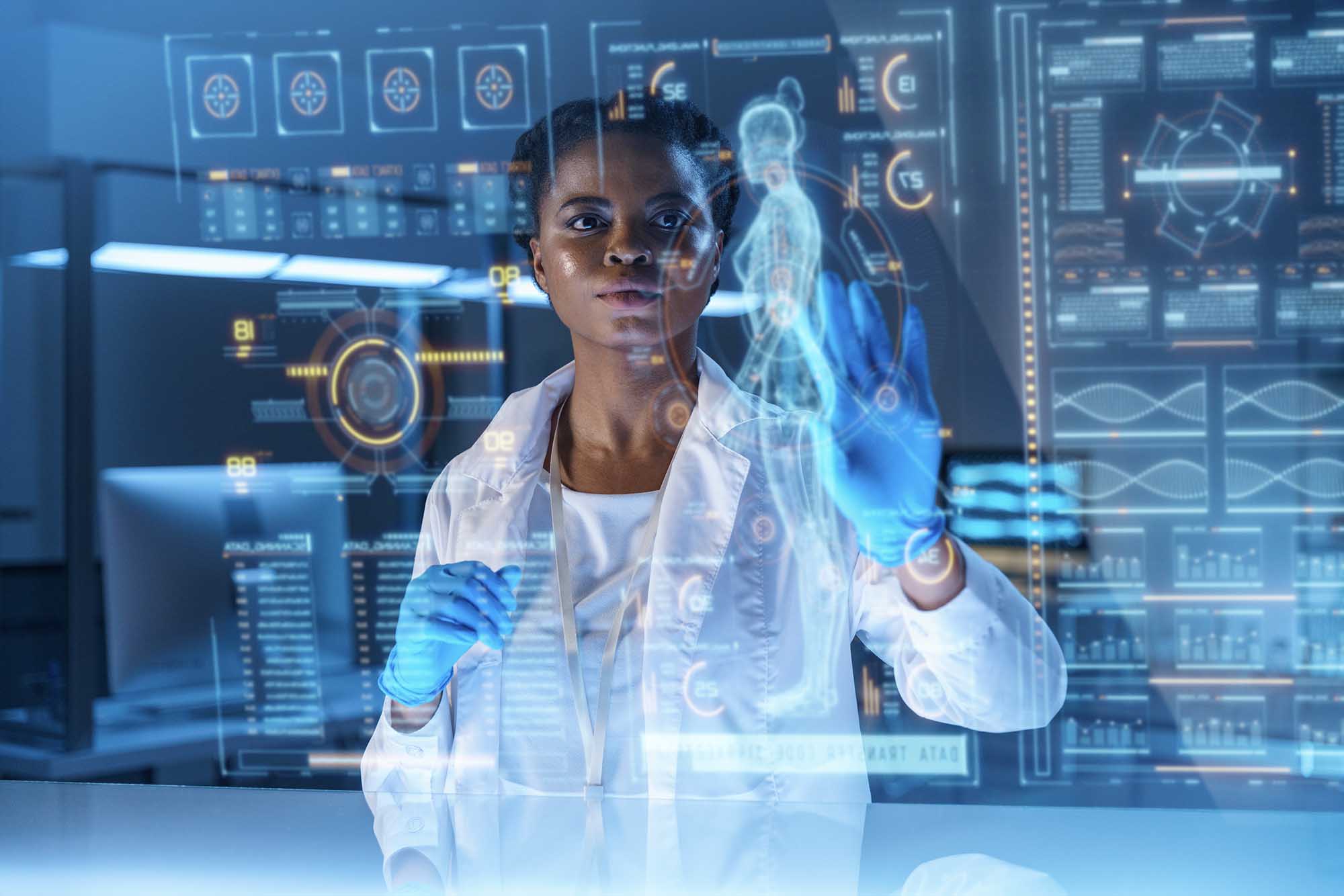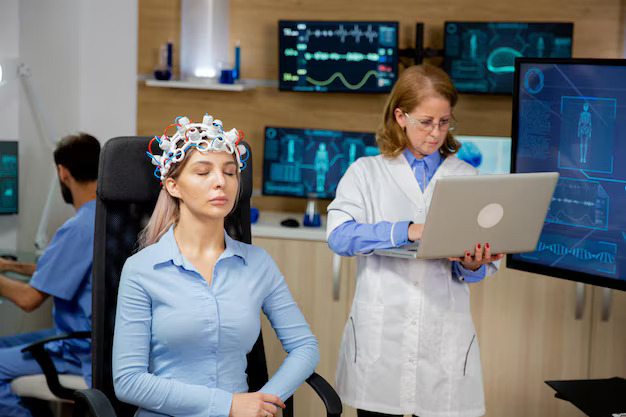Exploring the Power of Retrieval-Augmented Generation (RAG) for Mental Health Chatbots
RAG-powered chatbots offer personalized, real-time mental health support through AI and data.
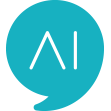

In an era where mental health issues affect millions of people worldwide, the development of accessible, real-time, and personalized mental health support is crucial. Artificial Intelligence (AI), specifically Retrieval-Augmented Generation (RAG), offers a breakthrough approach to creating effective mental health chatbots that can provide personalized, dynamic, and accurate assistance for individuals seeking emotional support.
How Retrieval-Augmented Generation (RAG) Supports Healthcare AI Initiatives. Read more here!

Understanding RAG and Its Role in Mental Health Chatbots
What is Retrieval-Augmented Generation (RAG)?
Retrieval-Augmented Generation (RAG) is an advanced architecture that enhances the traditional Large Language Models (LLMs) by combining them with an external retrieval system. This external system fetches relevant information from knowledge bases, allowing the model to generate responses that are not only linguistically coherent but also factually accurate and contextually relevant. This method addresses the limitations of LLMs, which may have outdated knowledge or lack domain-specific details.
Retrieval Augmented Generation (rag): Overview, History & Process. Read more here!
How RAG Can Enhance Mental Health Support
Mental health chatbots face the challenge of delivering personalized care to individuals dealing with diverse emotional states. RAG can power these chatbots to create tailored responses based on specific user data, such as their mental health history, age, gender, and current emotional state. By continuously retrieving updated information from vast knowledge bases, RAG chatbots can provide users with the most relevant coping strategies and therapeutic advice, making them an invaluable resource for mental health support.
The Role of Reinforcement Learning in Personalization
To further enhance the personalization of responses, RAG can be combined with Reinforcement Learning (RL). In the OnRL-RAG system, a model-free Q-learning approach is used to adapt the chatbot’s responses based on continuous user feedback. This allows the system to improve over time, ensuring that the chatbot becomes increasingly effective at addressing individual needs. This dynamic learning process is particularly crucial in the context of mental health, where emotional states can fluctuate, and personalized support is necessary.
Key Benefits of RAG-powered Chatbots in Mental Health
1. Personalization
One of the biggest advantages of RAG-powered mental health chatbots is their ability to offer personalized responses. These chatbots do not only rely on pre-defined scripts or static data. Instead, they use RAG AI to retrieve the most relevant, up-to-date, and personalized information, which can be tailored to specific users. For instance, a user suffering from anxiety might receive a coping strategy related to their specific anxiety triggers, such as academic stress, while someone struggling with depression may be guided through mindfulness exercises.
2. Real-Time Adaptation
RAG chatbots, when combined with Reinforcement Learning, can adapt in real-time. Through RLHF (Reinforcement Learning from Human Feedback), the model learns from each interaction, allowing the system to provide increasingly accurate and empathetic responses. Over time, the system builds a more personalized dialogue, catering to the unique emotional needs of the user.
3. Enhanced Accuracy
The main challenge faced by traditional LLMs is their reliance on static data. RAG solves this by augmenting the model’s responses with the latest information from external databases. For example, RAG chatbots in mental health can access real-time updates on the latest coping strategies, research studies, or treatment methods, ensuring that the advice offered is both relevant and factually accurate.
What Makes AI Chatbots a Game-Changer in Mental Healthcare?. Read more here!
Real-World Applications of RAG in Mental Health
Case Study 1: OnRL-RAG for Personalized Mental Health Assistance
A recent study demonstrates the effectiveness of OnRL-RAG, an online reinforcement learning-based retrieval-augmented generation system, in mental health applications. The system was tested with an open-source dataset of college students, addressing issues such as anxiety, stress, and depression. The OnRL-RAG framework outperformed traditional RAG and LLM models in terms of response quality, with a similarity score significantly higher than other models.
In practice, OnRL-RAG allows for a highly personalized experience, dynamically adjusting responses based on the user's ongoing feedback and emotional state. For example, if a user discussed stress over final exams, the chatbot could retrieve real-time data on stress management techniques and suggest techniques like breathing exercises or time management strategies specific to academic pressure.
Case Study 2: SentimentCareBot
Another example is SentimentCareBot, recently developed by a researcher. This chatbot uses RAG along with sentiment analysis to provide mental health support. It integrates sentiment analysis to ensure that the chatbot not only retrieves the right information but also adapts its tone and emotional delivery based on the user’s current mood. This model was shown to improve mental health support effectiveness by providing relevant advice that resonates emotionally with users.
How is RAG used in Generative AI. Read more here!
Case Study 3: Enhancing Mental Health Chatbots with Multimodal Data
Researchers are now exploring the use of multimodal data to enhance RAG systems further. For example, combining text with voice and visual data enables chatbots to better understand and respond to users’ emotions. By integrating different sensory inputs, these chatbots can offer a more holistic understanding of the user’s situation and deliver more empathetic and contextually aware responses.

The Challenges of RAG-Based Mental Health Chatbots
Despite the promising potential of RAG chatbots in mental health applications, several challenges remain:
1. Empathy and Emotional Intelligence
While RAG can augment the chatbot's ability to provide relevant information, replicating true human empathy is a significant challenge. Although RAG-powered chatbots can generate helpful advice, they cannot yet fully replicate the nuanced emotional understanding and empathy that a human therapist provides.
2. Privacy and Security
The sensitive nature of mental health data requires that RAG AI systems prioritize user privacy and data protection. With increasing concerns over data breaches and unauthorized access to personal information, it is crucial that RAG chatbots are designed with robust security features to protect user data.
3. Bias in Responses
RAG systems are highly dependent on the data they retrieve. If the knowledge base contains biased or incomplete information, the RAG AI therapist may generate responses that are inaccurate or potentially harmful. Therefore, it is critical to curate the external knowledge base to avoid any risk of bias in the chatbot’s recommendations.
4. Over-reliance on AI
While RAG chatbots can provide valuable support, they are not a substitute for professional mental health care. Users with severe mental health issues may benefit from human intervention and should be directed to appropriate resources if needed.

Future Directions for RAG in Mental Health
1. Integration with Healthcare Systems
As RAG chatbots evolve, they have the potential to integrate with broader healthcare systems, providing a seamless connection between AI-powered support and professional care. By collecting data from users’ interactions and sharing it with healthcare providers, RAG chatbots can play a critical role in augmenting human therapists' ability to monitor and support patients effectively.
2. Expansion into Multilingual Support
The integration of multilingual capabilities into RAG chatbots would enable them to serve a global audience. RAG systems can retrieve and generate responses in various languages, making mental health support accessible to non-English speakers and diverse cultural backgrounds.
3. Ethical AI Development
Ensuring the ethical deployment of RAG chatbots in mental health contexts is essential. Developers must continue to work on improving transparency, bias mitigation, and accountability, ensuring that AI therapists uphold ethical standards and support users in a responsible manner.
Conclusion
Retrieval-Augmented Generation (RAG) is transforming the way we approach mental health support. By integrating the generative power of LLMs with real-time data retrieval, RAG chatbots can provide personalized, accurate, and contextually aware support for mental health issues. As this technology continues to evolve, the integration of reinforcement learning and multimodal data will further enhance its effectiveness. While there are challenges, particularly in replicating true empathy and ensuring privacy, RAG-powered mental health solutions hold the potential to revolutionize the accessibility and quality of mental health care, offering a scalable solution for millions in need of support.
Makebot: Revolutionizing Mental Health Support with AI
Transform your business with LLM-powered chatbots and RAG technology. At Makebot, we specialize in building cutting-edge chatbots that deliver personalized, real-time mental health support.
Whether you’re looking to implement AI therapists, optimize customer service, or enhance your mental health offerings, Makebot is the solution you need.
Let’s talk! Submit a consultation request, and an expert will reach out promptly.
Contact us now!
LLM & Chatbot Inquiries: b2b@makebot.ai

Studies Reveal Generative AI Enhances Physician-Patient Communication





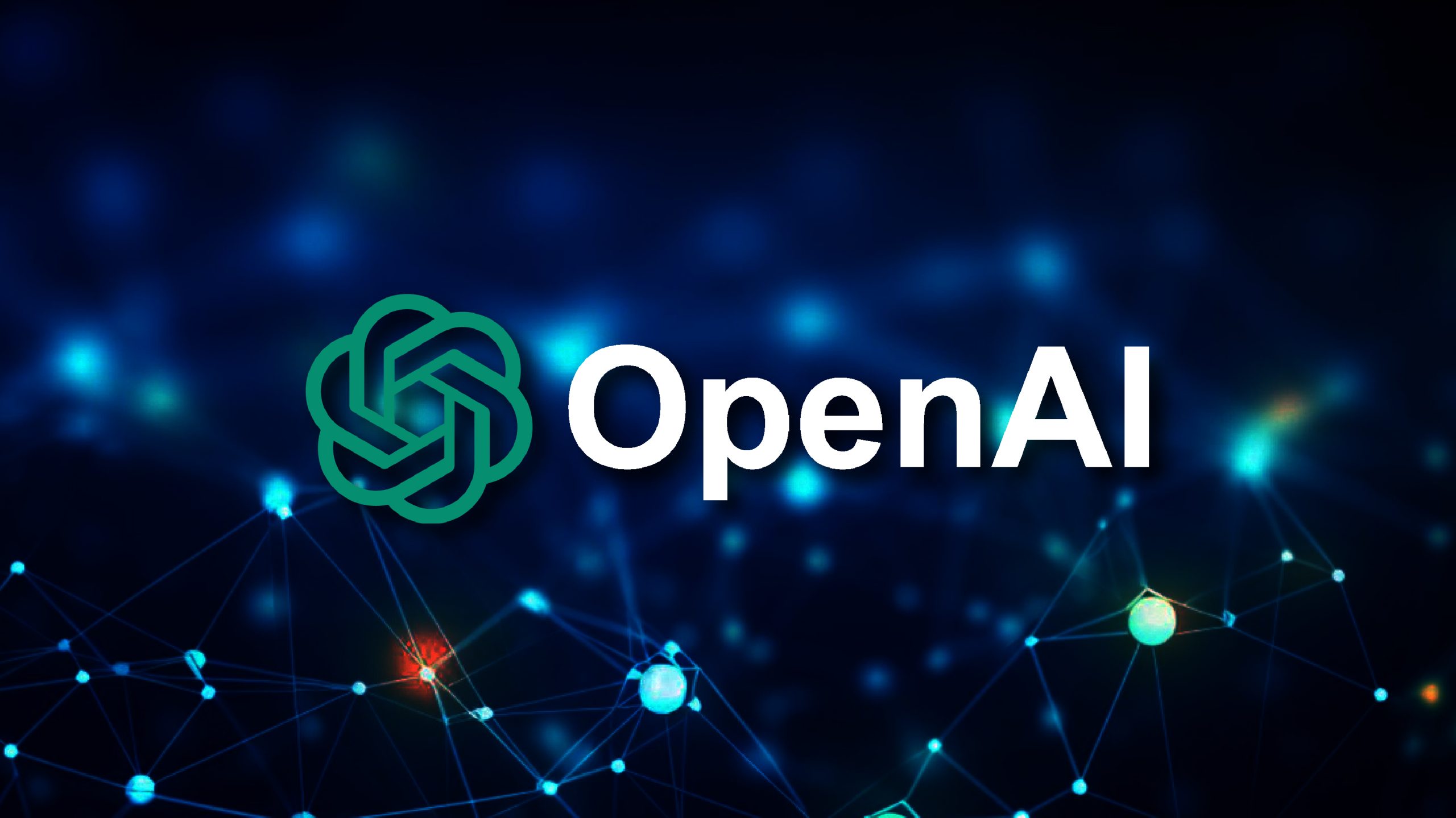



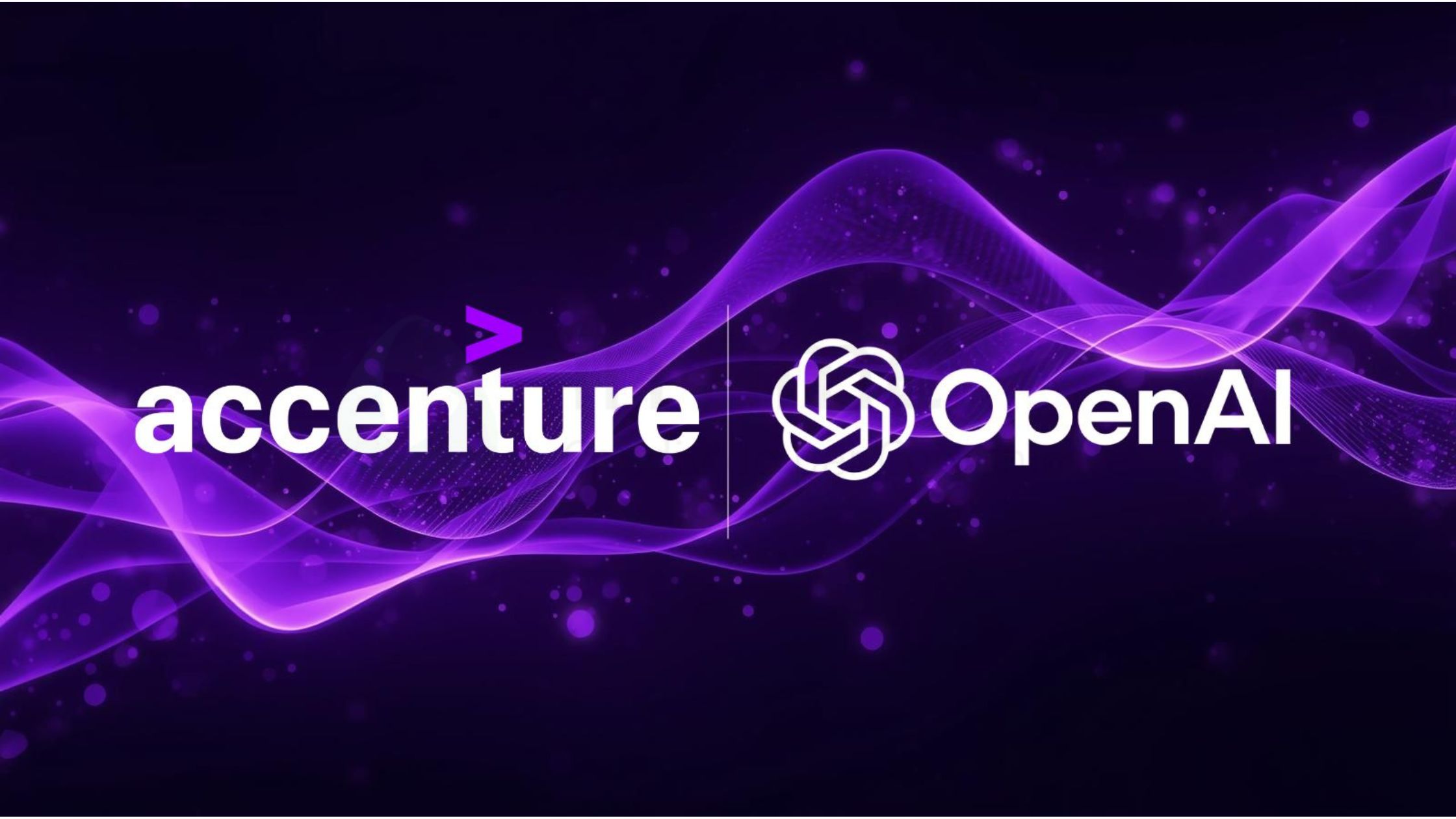
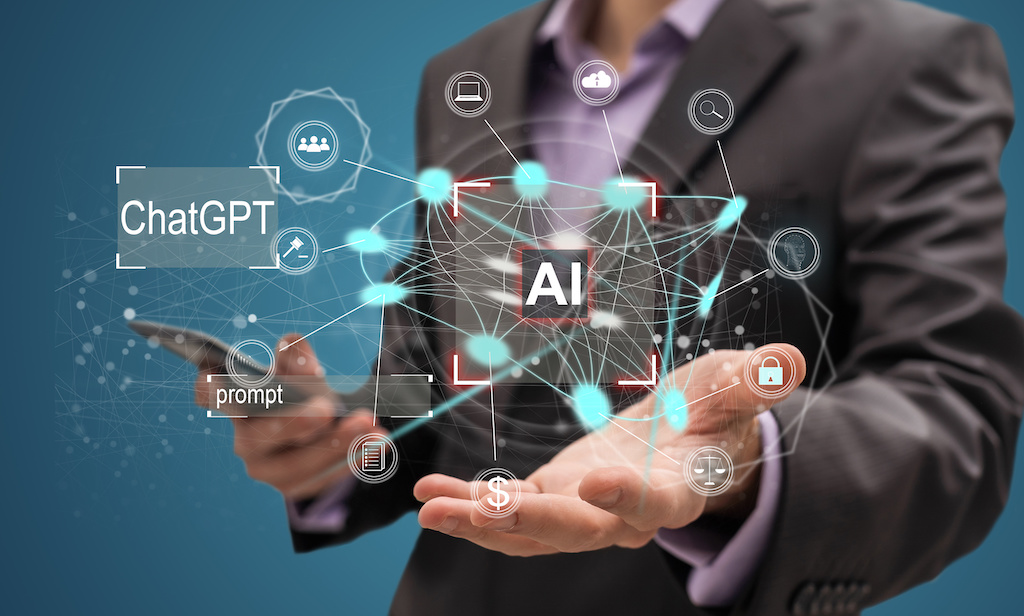


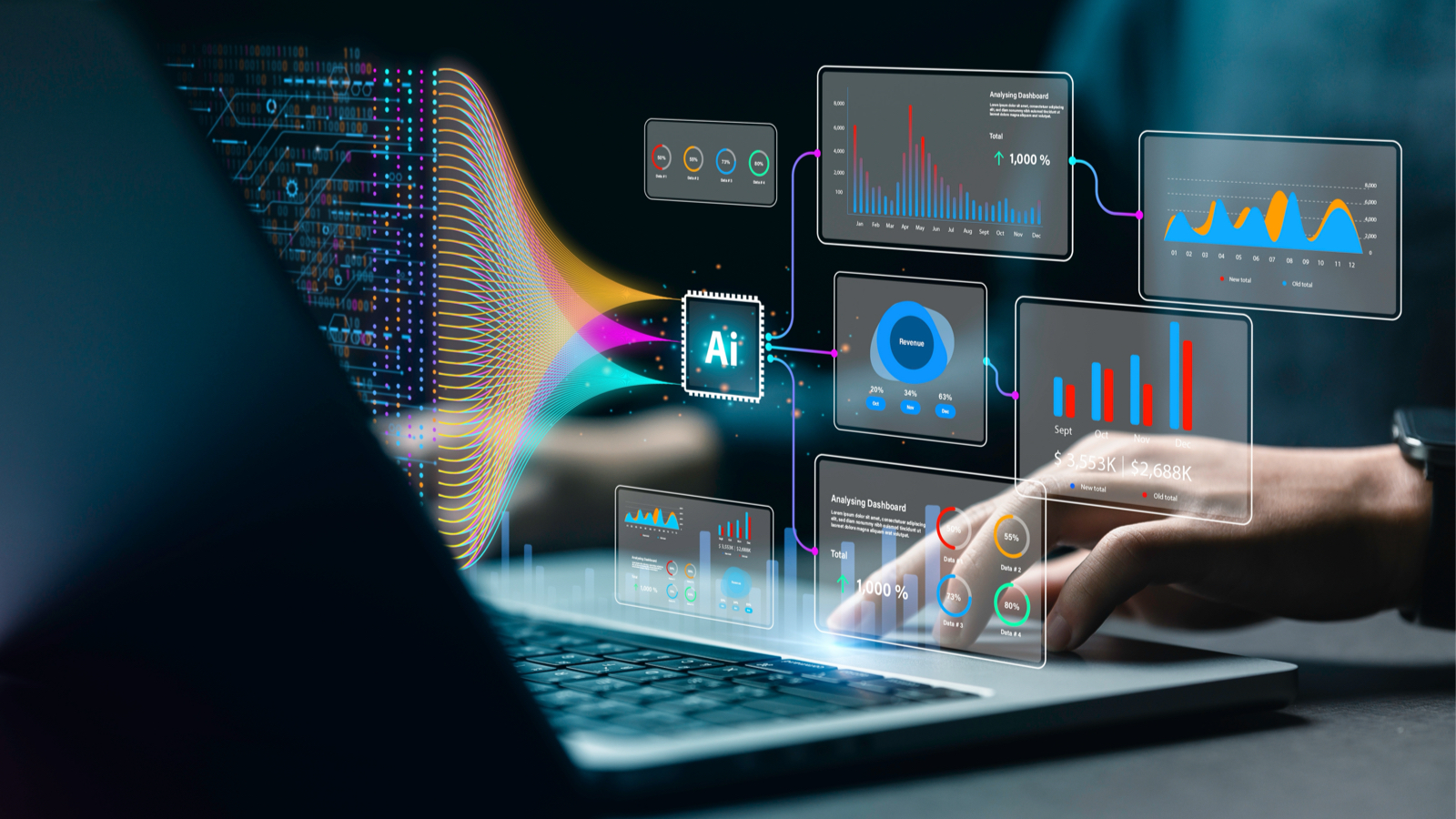






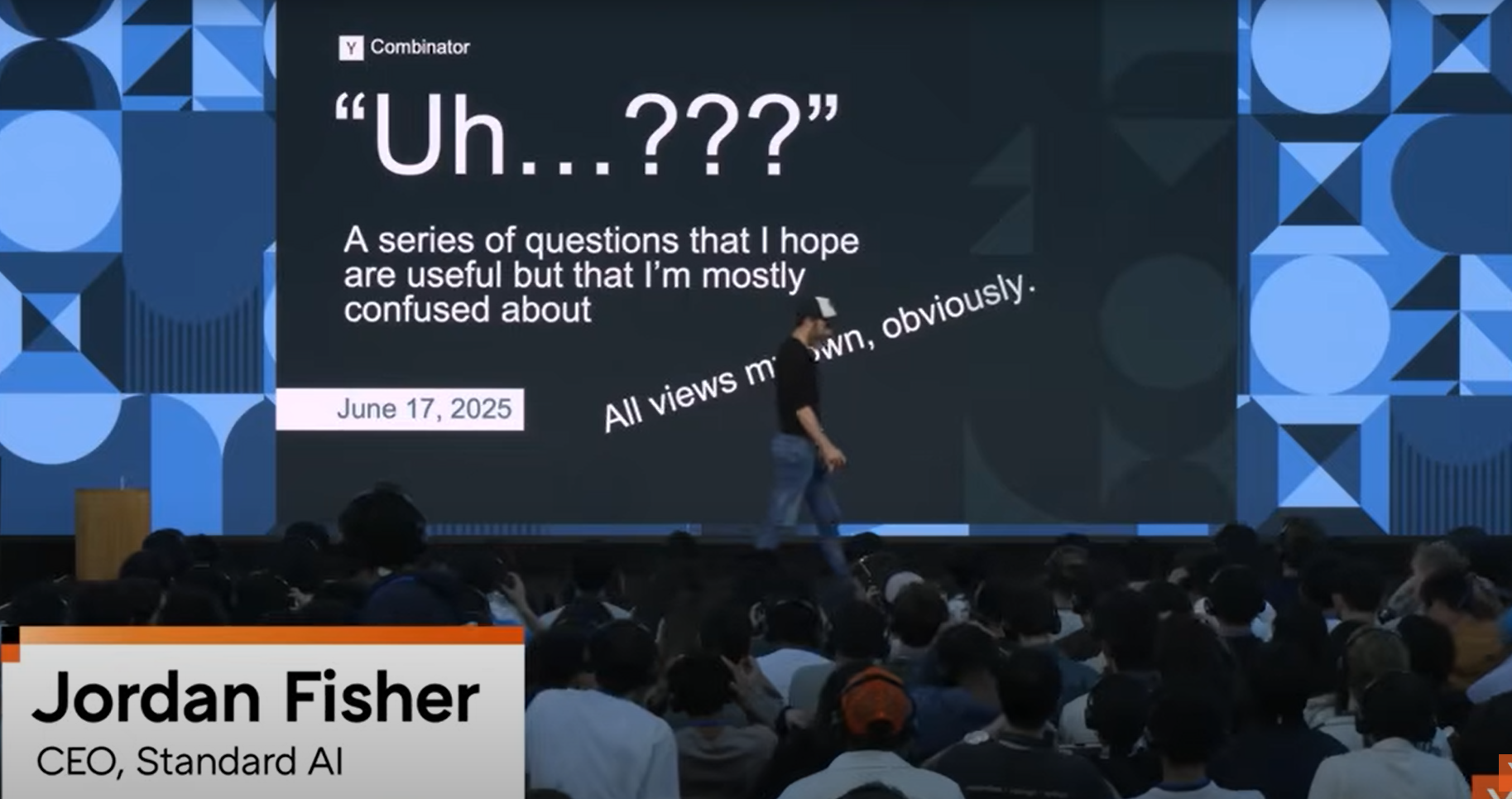
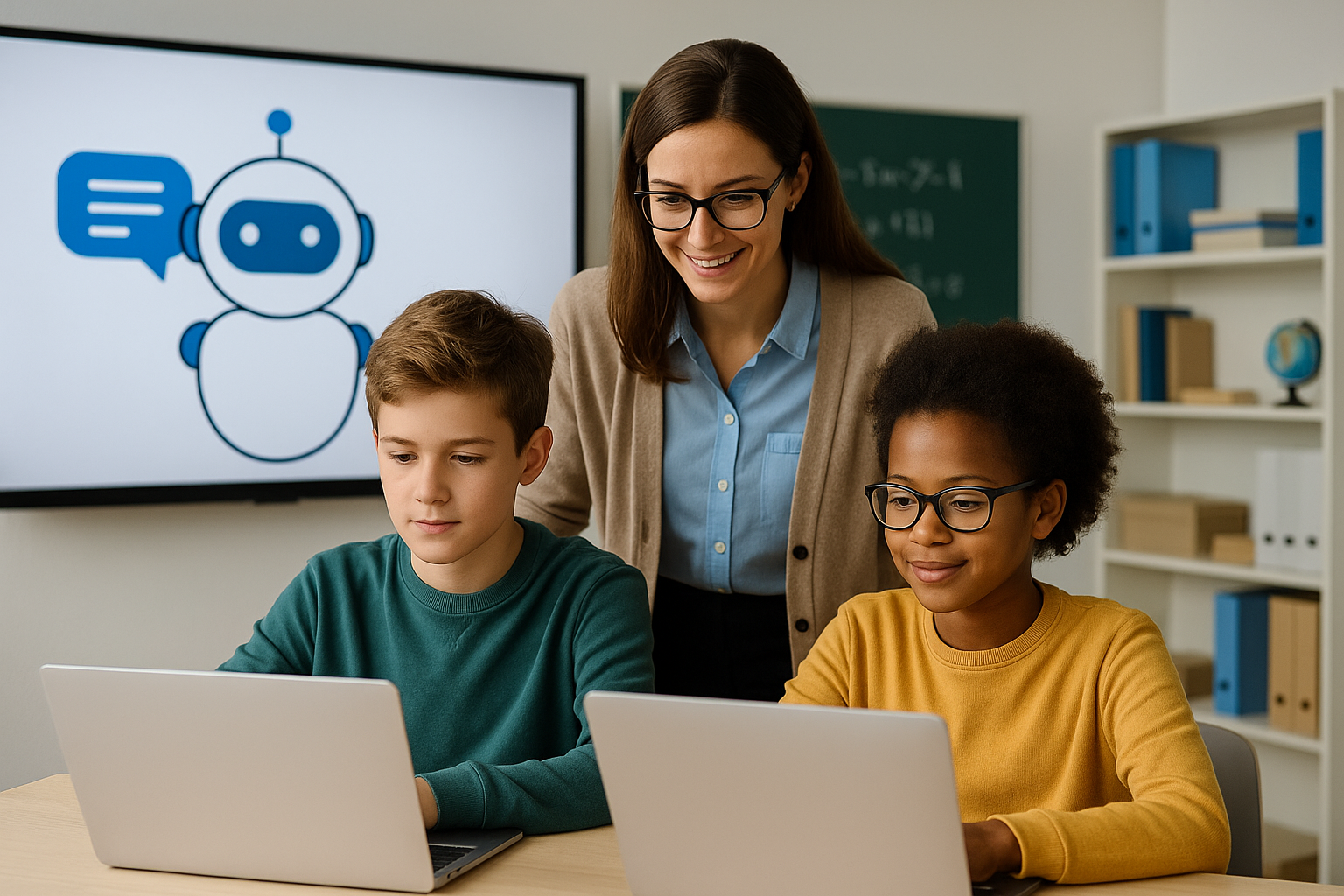



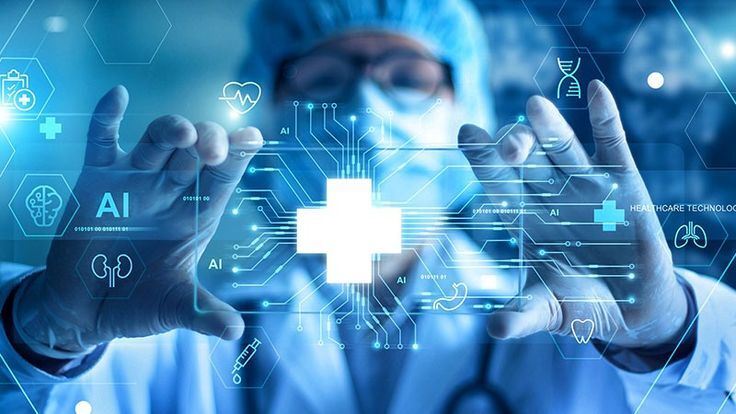

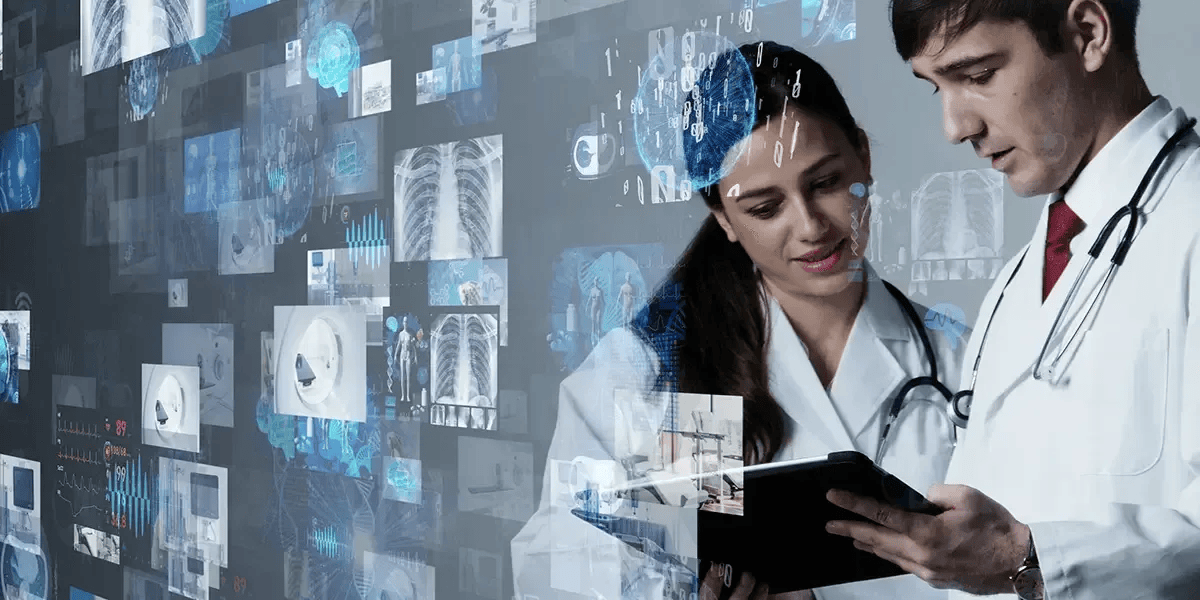



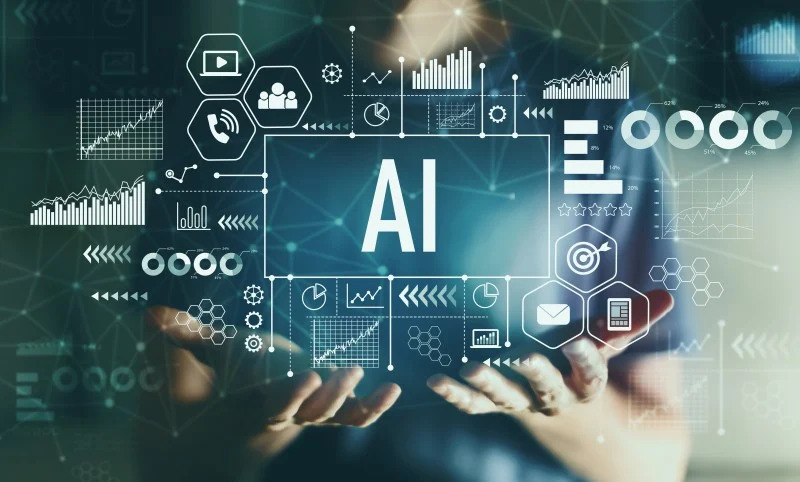
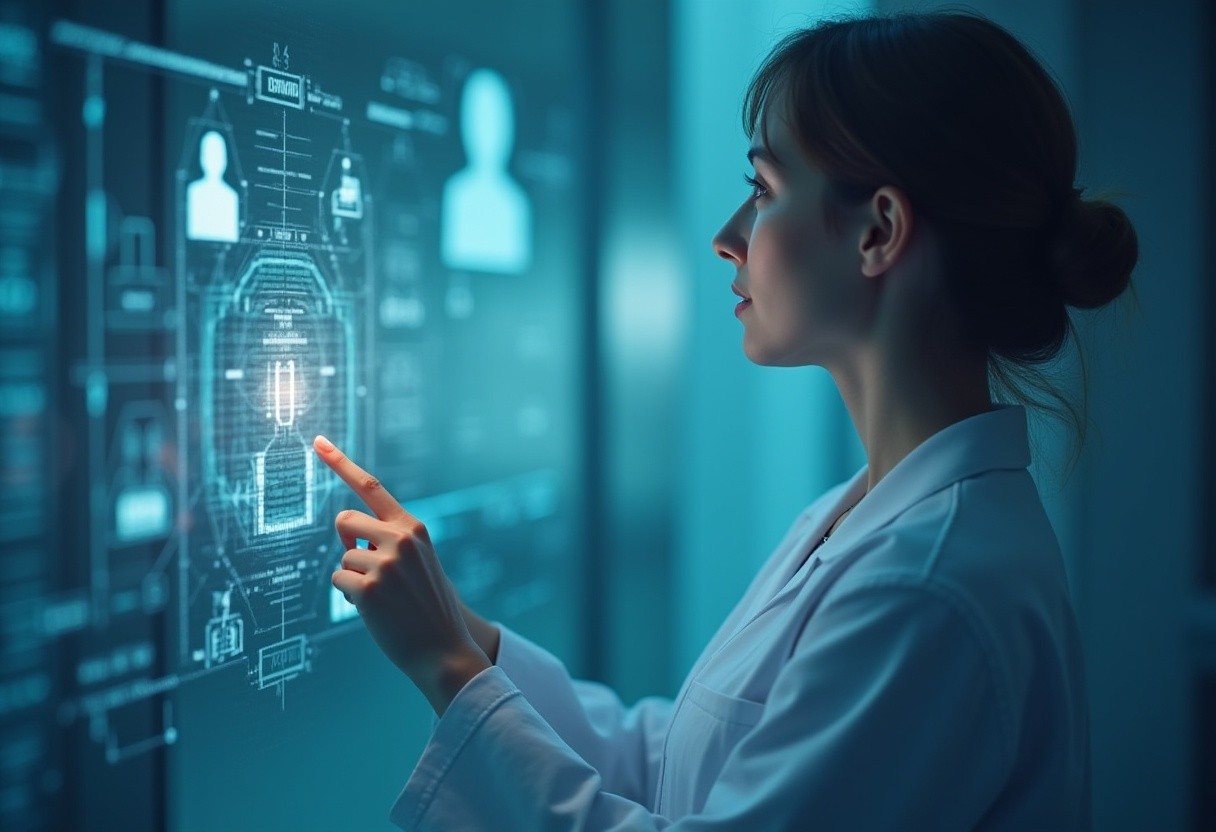


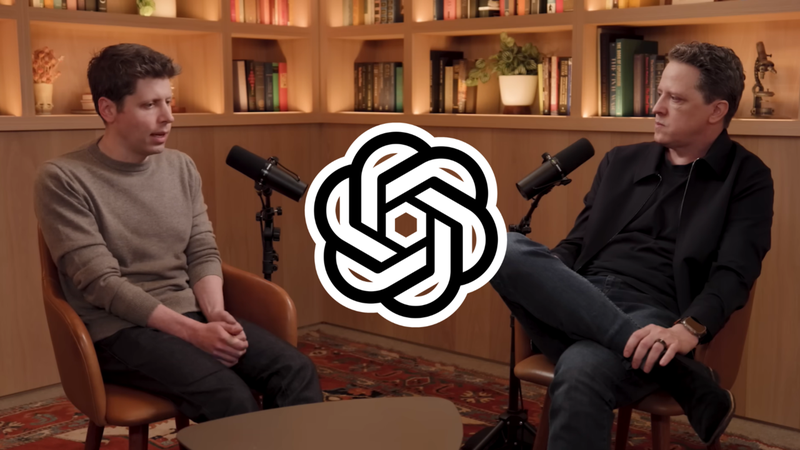





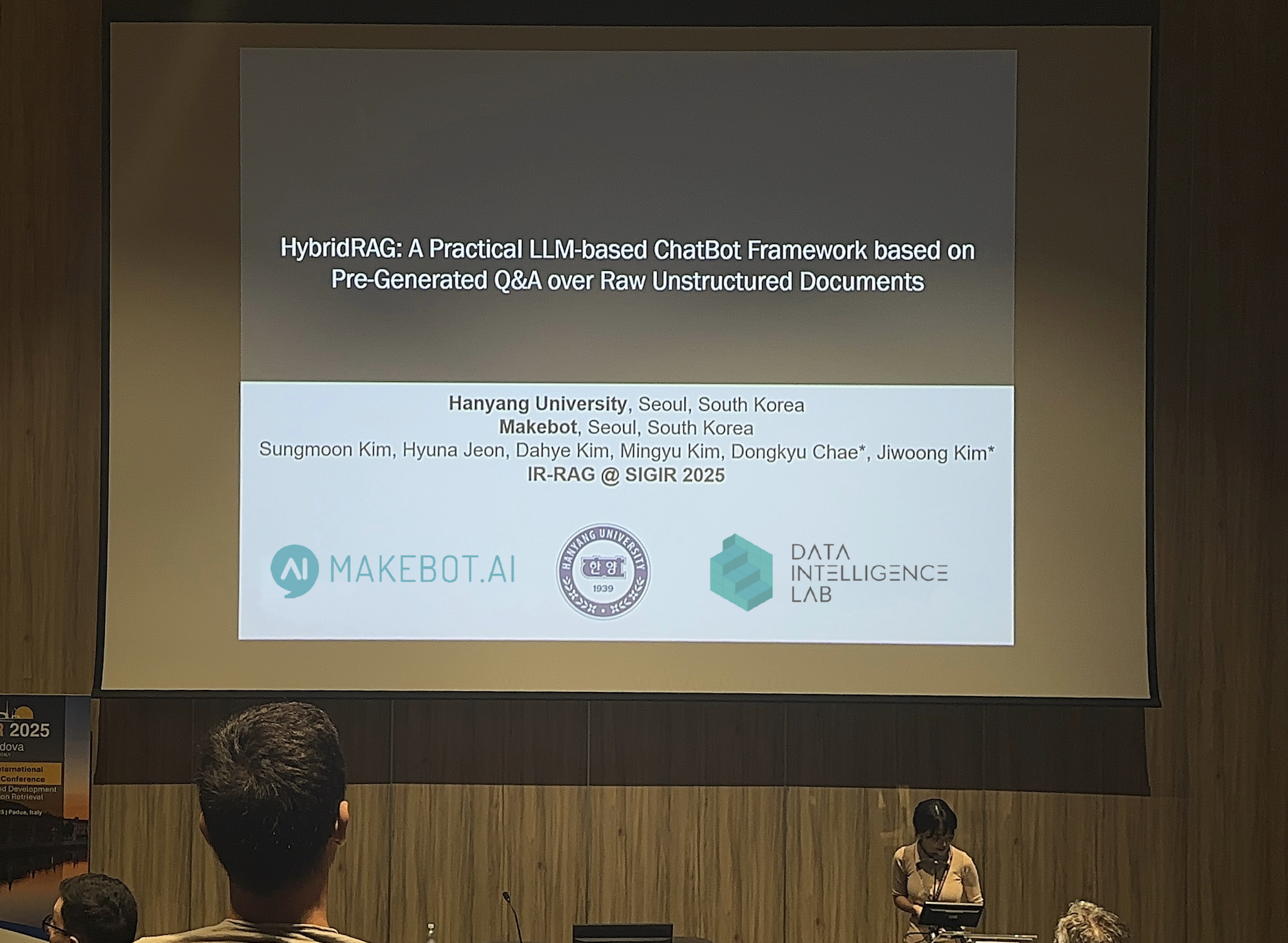









_2.png)








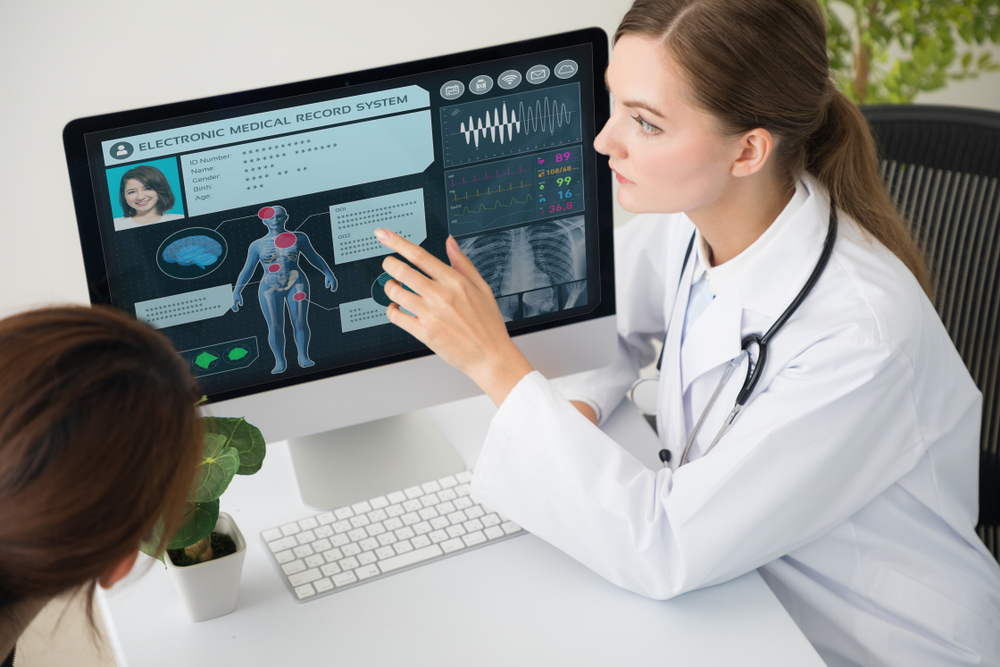


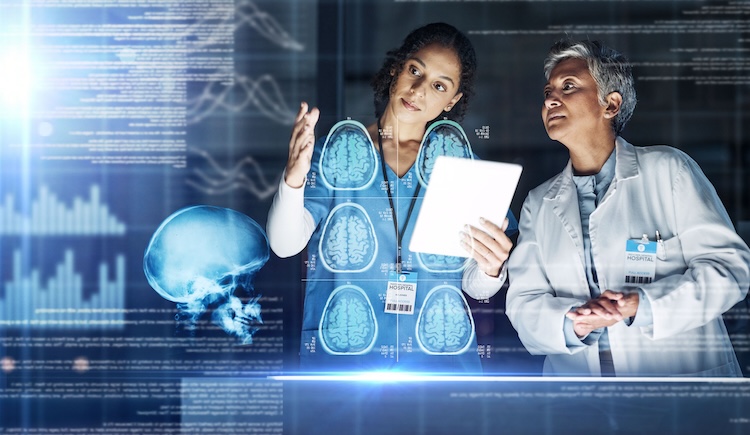





.jpg)

